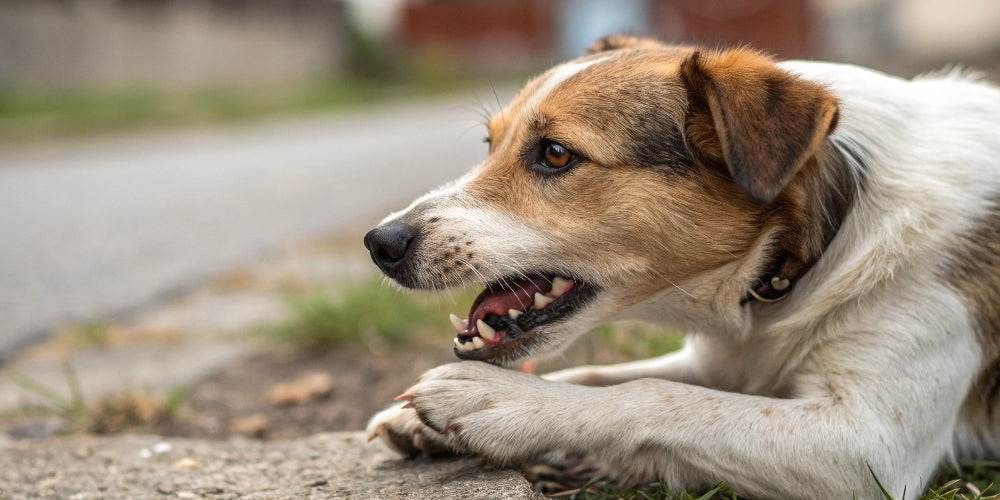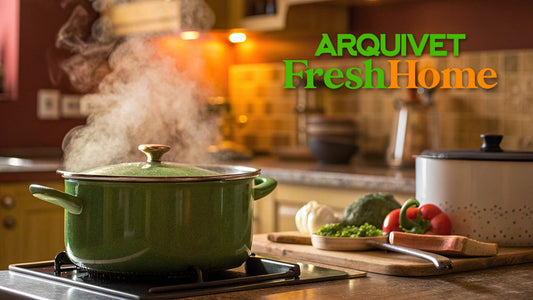
My Dog Bites His Paws: Causes and Remedies
Having a dog that bites its paws can be a concern for any owner. This behavior can result from a variety of causes, from medical problems to emotional issues. In this article, we'll explore why dogs bite their paws, offer tips on how to address this problem, and discuss some home remedies that may help.
My Dog Bites His Paws
If you've noticed your dog constantly biting his paws, it's essential to understand that this behavior isn't normal. Some common reasons dogs bite their paws include:
Skin Problems
Skin problems, such as allergies, dermatitis, and infections, often cause intense itching on a dog's paws. Scratching or biting is a way to relieve this itching.
Boredom or Anxiety
Dogs who feel bored or anxious may resort to paw chewing as a way to release energy or cope with stress.
Insects or Parasites
Insect bites or the presence of parasites, such as fleas or ticks, can irritate your dog's skin, leading him to bite his paws to relieve the discomfort.
Pain or Injuries
Pain due to injury or medical conditions, such as arthritis, may cause a dog to bite its paws in an attempt to relieve its discomfort.
Why Does My Dog Bite His Paws?
Understanding why your dog bites his paws is the first step in addressing this behavior. Here are some possible causes:
Food or Environmental Allergies
Allergies to certain foods or elements in the environment, such as pollen or household chemicals, can trigger itchy and chewing paws.
Stress or Anxiety
Stress or anxiety can lead to compulsive behaviors, such as paw biting. Changes in environment, routine, or traumatic events can contribute to this.
Boredom
Dogs require mental and physical stimulation. When they get bored, they may resort to self-destructive behaviors, such as paw-biting.
Infections
Bacterial or fungal skin infections can cause intense itching, leading to paw chewing.
Home Remedies to Stop My Dog from Biting His Paws
If you're wondering how you can help your dog stop biting its paws, here are some home remedies that might help alleviate the problem:
Change your diet
If you suspect food allergies are the problem, consider changing your dog's diet. Opt for hypoallergenic foods or those recommended by your veterinarian.
Maintain your Skin and Oral Hygiene
Take care of your dog's skin with regular baths and the use of specific products for skin problems. Additionally, maintaining oral hygiene is crucial, as healthy skin starts from the inside out.
Exercise and Stimulation
Make sure your dog gets plenty of exercise and mental stimulation. Regular walks, interactive games, and toys can help reduce boredom and anxiety.
Parasite Control
Protect your dog from fleas, ticks, and other parasites. Use products recommended by your veterinarian and keep your dog's deworming program up to date.
Consult the Veterinarian
If the problem persists or worsens, it's essential to consult a veterinarian. They can identify and treat underlying medical problems and provide specific guidance for your dog.
Important Tips
- Do not use chemical repellents without consulting a veterinarian.
- Don't scold your dog for paw biting, as this can make anxiety worse.
- Patience and observation are key to solving this problem.


